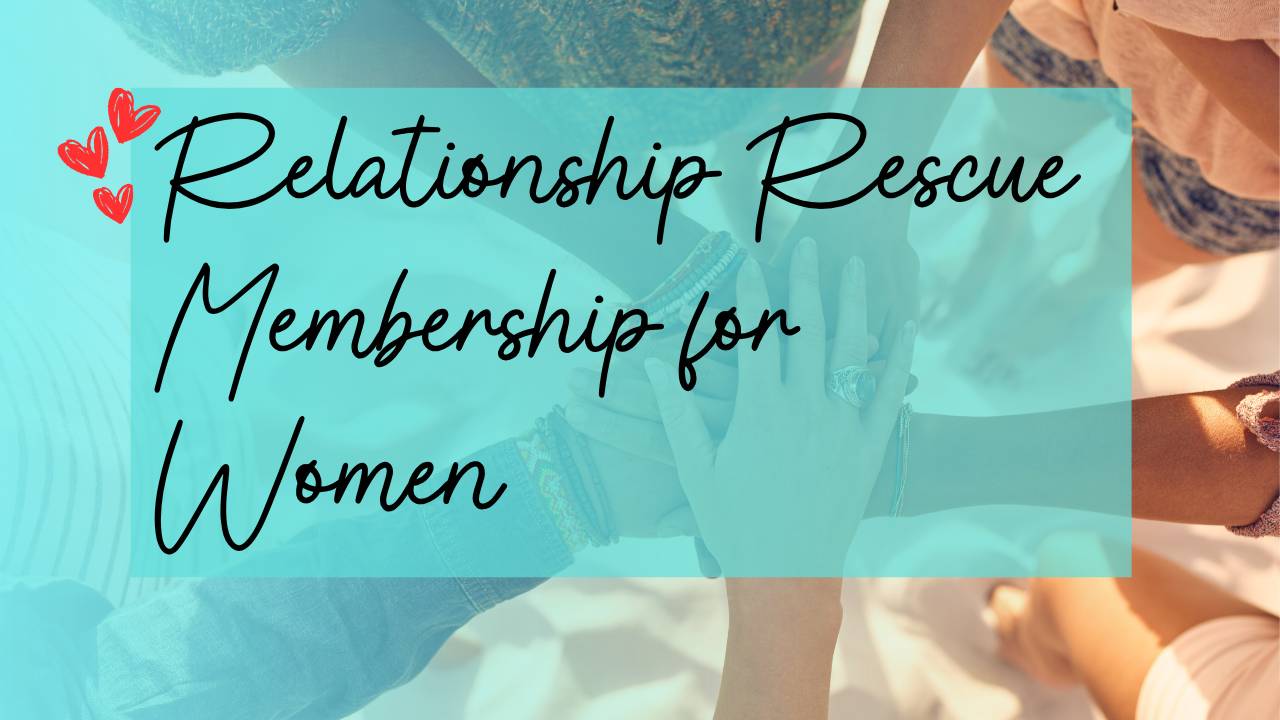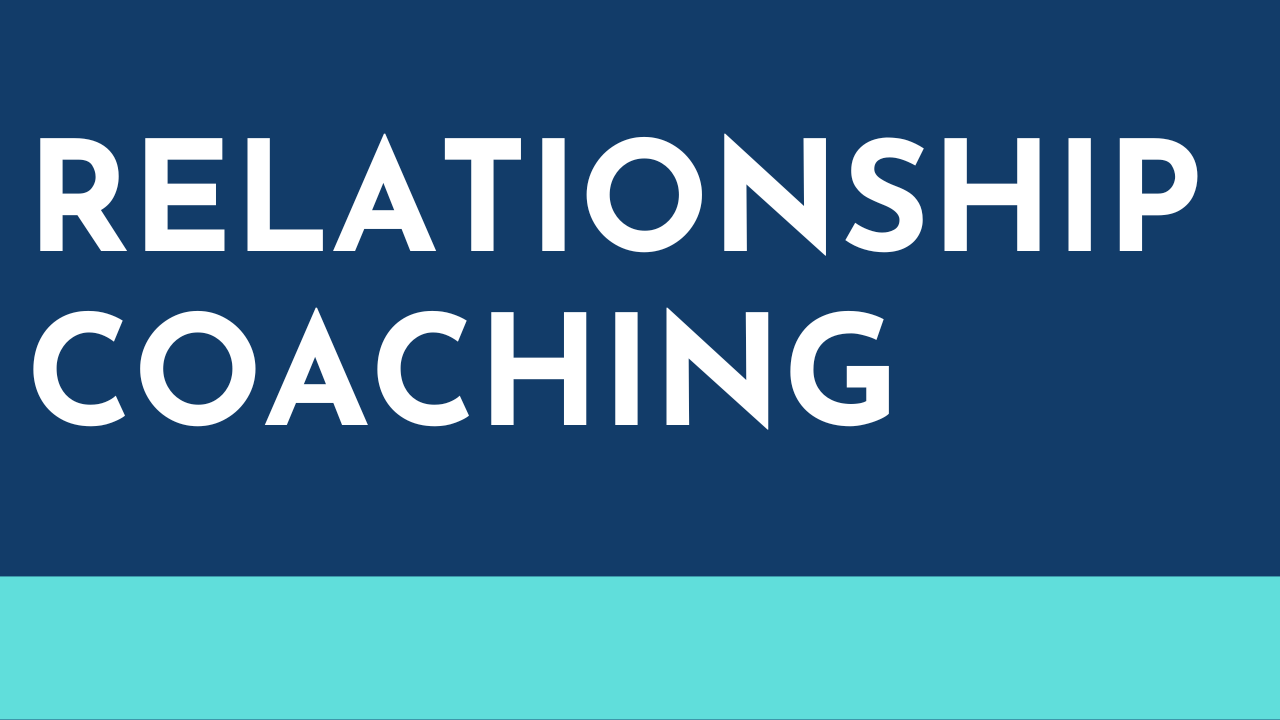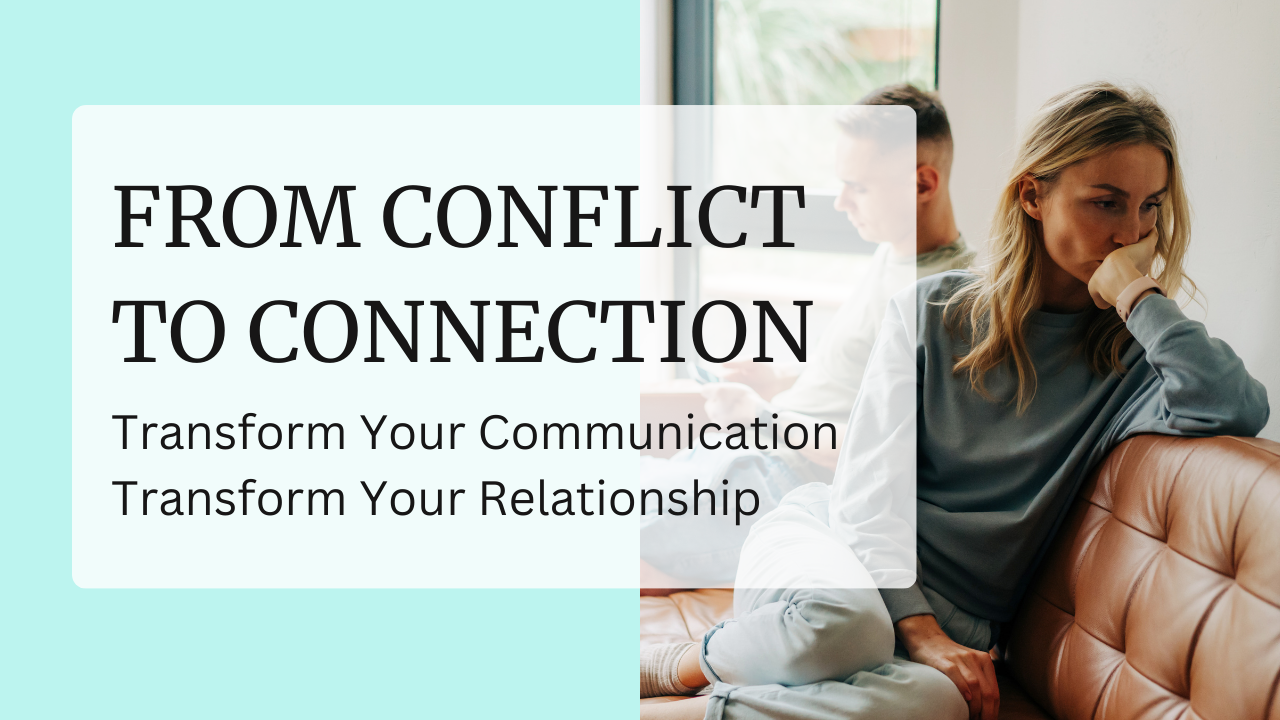7. Perfection Is Not The Goal
So today I want to talk about perfection in our relationships. And, um, you know, especially when we're talking about working on something, making a decision to make changes in the relationship together and then someone doesn't get it right.
It's really easy for us to point out when someone or when our spouse or a partner messes up or goes back on an agreement or doesn't follow through on something. And it's important to remember that perfection is not the goal. That doesn't mean that we're settling for less, or that we're ignoring when something is consistently not happening that we need to have happen in the relationship. But it does allow ourselves to be perfectly flawed human beings, right?
We are all flawed. We all have bad days. We all have these imperfections. And when we're able to recognize and acknowledge that, it goes a long way towards building a healthier and more authentic relationship with our partner.
Every relationship is going to have its ups and downs, and that is a totally normal thing. So for ourselves, we have to have that self-compassion. We're not going to get things perfect every time. I'm going to make mistakes, I'm going to not get it right the first time. I'm going to have to come back around to my partner and say, hey, I could have done that differently. I'm sorry. That will absolutely continue to happen. From now until forever, right? I will never get things right exactly the way they should be every time they should be.
We need to be kinder to ourselves and allowing for these imperfections that can also help us extend that same compassion to our partner. The part our partner is not going to get it right every time either, just because we're both in agreement that we want to have this better relationship and we're going to be working on XYZ together. We have to still allow for a certain amount of acceptance understanding in the relationship. And I will admit, this can be hard, right? There's a certain level of vulnerability that goes along with all of this. Um, you know, for my part, if I messed up and I, I maybe I'm the one that said, hey, I want us to do this thing differently and that I'm the one that messes it up. I have to be able to take a look at that. And also, you know, not be too hard on myself for for making that mistake.
Maybe, you know, my husband and I talked about really being able to have time outs when we're feeling very stressed and upset with each other about something, he calls a timeout, and I'm the first one to not let him have it right. Yeah, that's definitely not okay. When we call a timeout, we have to respect that whoever is on either side of that. And at the same time, being able to recognize when we make a mistake, come back, acknowledge it to our partner and really make that effort to do better the next time. That really is what it's about. All of this has to be done, though, with a genuine interest towards reaching that goal of still not perfection, but doing the very best we can. And then the next time, hopefully I'm going to use this as a lesson to myself to say, okay, when he calls a timeout, I need to let him do that, because this is what we've talked about and I know it's the best thing for us.
Then the other part of that is remembering that guess what? My husband's not going to do everything perfectly, and I have to extend that same compassion to him and allow him to make mistakes and allow him the opportunity to come back and say, hey, I didn't do this to right. You know, I could have done this a lot better, and I'm going to work on it. This can really allow both of you to feel more comfortable in the relationship, knowing that when you make a mistake, when you don't do something the best way, or you didn't show up and in your best version of yourself that day, it can give you that comfort and security of knowing that that's okay. You're allowed to have bad days, you're allowed to make mistakes, and your partner is still going to be there for you because you understand that both of you are going to have that come up.
And when we have that mutual understanding and respect for each other, that lets us be more authentic and connected and show up with our partner in a more genuine way, right? We're all human beings and, um. we can really foster that sense of connection there.
That's it for today. I hope this was helpful. Until next week, take care of yourself and take care of each other.



